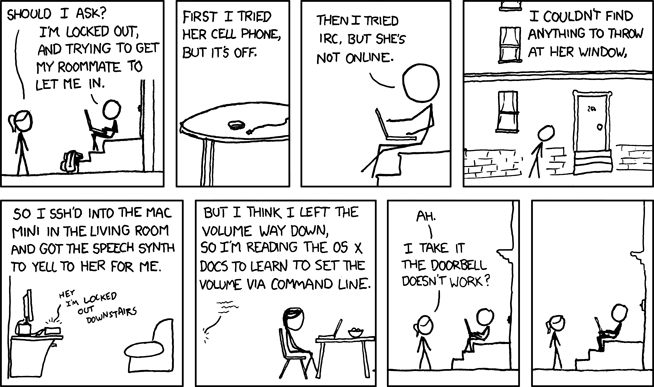Presidential inaugurals: the form and the content
If you've ever found yourself thinking that Language Log writers seem concerned with form rather than function — that they obsess about the details of how things are put, to the exclusion of concern with the core content that really matters, and that they will probably miss the historic excitement of this January 20 grubbing around for prepositions — you need to take a look at the following passage by Jill Lepore of Harvard. It's from her article in the January 12 New Yorker on the language of presidential inaugural addresses. Lepore makes reference to claims in Elvin Lim's book The Anti-Intellectual Presidency that American presidential inaugural addresses have been getting stupider, with stupidity being measured by Flesch Readability Test word- and sentence-length criteria:
The past half century of speechwriters, most of whom trained as journalists, do favor small words and short sentences, as do many people whose English teachers made them read Strunk and White's 1959 "Elements of Style" ("Omit needless words") and Orwell's 1946 essay "Politics and the English language" ("Never use a long word where a short one will do"). Lim gets this, but only sort of. Harding's inaugural comes in at a college reading level, George H. W. Bush's at about a sixth-grade level. Harding's isn't smarter or subtler, it's just more flowery. They are both empty-headed; both suffer from what Orwell called "slovenliness." The problem doesn't lie in the length of their sentences or the number of their syllables. It lies in the absence of precision, the paucity of ideas, and the evasion of every species of argument.
A beautiful expression of a point we have often tried to emphasize. It's not so much that the superficial rules for writing promulgated Orwell and by Strunk and White are toxic and meretricious (though they do poison young minds, and should be condemned for that); it's that if you think they are deep and important and determinative of quality, it is YOU that will get hung up on trivialities of form rather than important aspects of content.
Read the rest of this entry »
